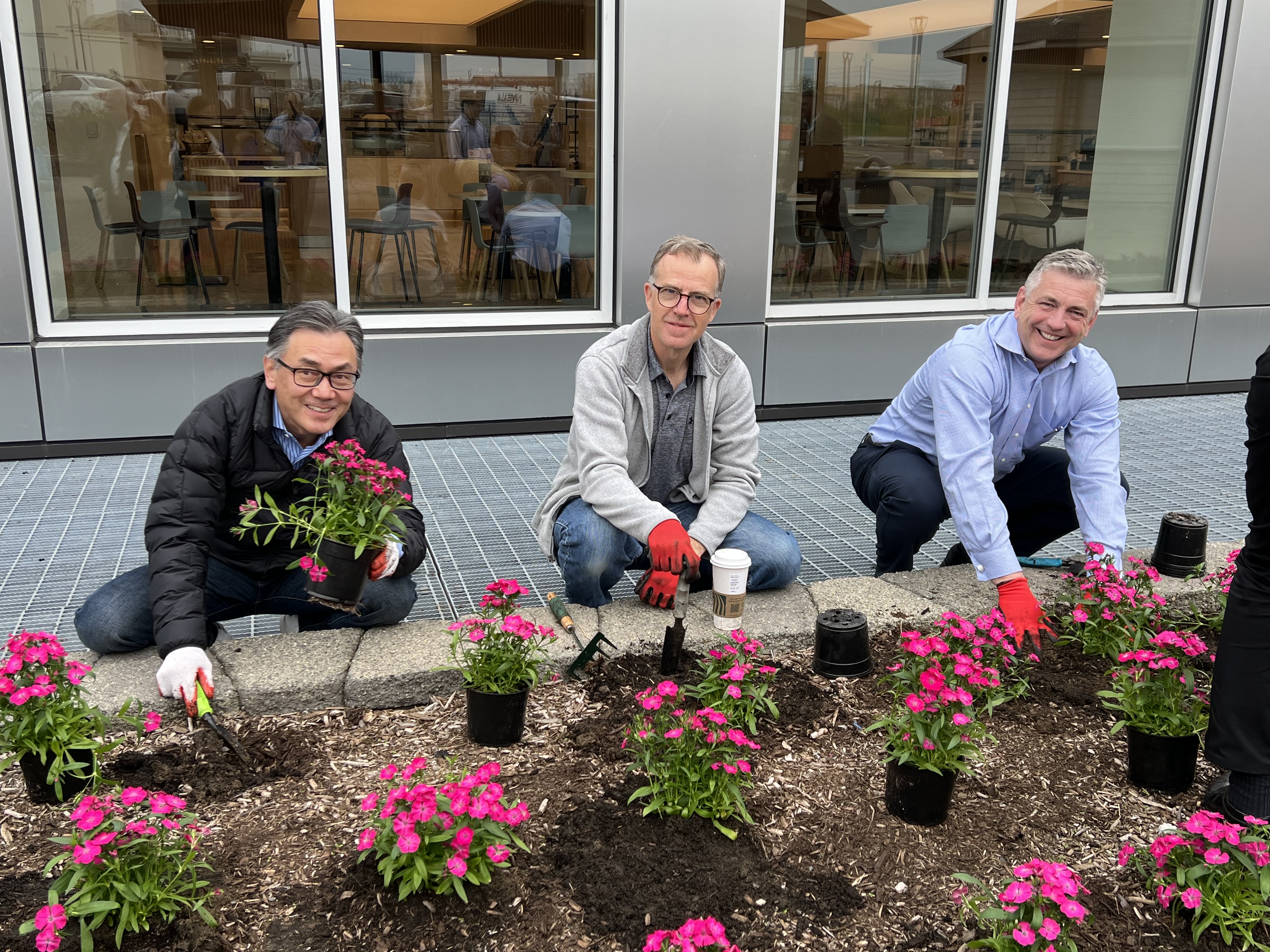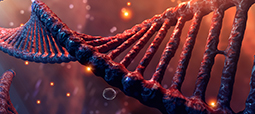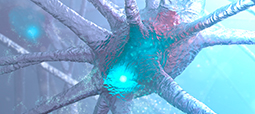Alzheimer’s disease (AD) is a form of dementia that affects the parts of the brain governing memory, thought, and language. It afflicts an estimated 6.7 million Americans — and is incredibly difficult to treat.
The failure rate for clinical trials for Alzheimer’s treatments during the past 10 years is 98%. But such discouraging results have only intensified the efforts of Tokyo-based pharmaceutical company Eisai in its unwavering mission to bring relief to the millions touched by AD.
From the research and development of a symptomatic treatment in the 1980’s, to its continued development of anti-amyloid-beta and anti-tau antibodies, Eisai has built its rich neurology pipeline during the past four decades. Even when faced with complexities and challenges that caused others to exit the effort, Eisai has never given up on developing therapeutic solutions for families living with AD and other neurogenerative diseases.
The company’s relentless dedication to research and development is driven by an adherence to a core principle: Patients and their families always come first. “Only by listening to patients and their families and meeting their needs can we truly succeed in business,” says Eisai Inc. chairman and CEO Tatsuyuki Yasuno. For more than 30 years, this principle has defined the company’s “human health care” (hhc) mission — and has earned Eisai a place on Fast Company’s list of Most Innovative Companies for 2024.
Developing Empathy
A key part of Eisai’s hhc mission is establishing ground-level connections with patients and their families. To that end, the company recommends that all officers and employees spend 1% of their business hours — roughly two full days per year — engaged in meaningful patient interactions. Employees are encouraged to share what they learned through these connections — and create specific action plans that can elevate the patient experience. “Through this process, our employees gain empathy,” Yasuno says, “and that empathy is integrated in the work we do every day.”
Eisai has formed partnerships with patient-advocacy organizations around the world to extend their understanding of the patient experience. The Magnolia Meals at Home project, for example, makes food deliveries to patients who are unable to cook or purchase food outside the house. In addition, the company coordinates meetings with patient-advocacy organizations to discuss the current news around Alzheimer’s and oncology, while responding to any questions and concerns from the community.
Breaking Down Boundaries
Eisai has become an industry leader in its prioritization of neurological research and development. Its internal R&D group, called Deep Human Biology Learning, maintains a tight focus on innovative neurology research that can help identify the root causes of neurogenerative diseases such as Alzheimer’s and Parkinson’s. Their work seeks to blur the boundaries between specialties — like neurology and oncology — and encourage collaboration among scientists with diverse backgrounds and interests. This collaboration, Yasuno says, has created an environment in which outside-the-box ideas are welcome, leading to innovative research and development projects.
Those who work at Eisai, regardless of their position in an organizational chart, are connected by a commitment to the hhc mission. “Our employees, no matter where they are in the world, share a common understanding of putting patients and their families first,” Yasuno says. “We made a number of hires to help support our hhc mission, and each joined the Eisai team because of our human health care philosophy. That is the basis of our innovation.”


Eisai was named to Fast Company’s list of the World’s Most Innovative Companies of 2024 in the Medicines and Therapeutics category. The company earned No. 3 out of 10 companies selected and was recognized for setting new standards and achieving remarkable milestones.
Created By Fastco Works Content Studio And Commissioned By Eisai Inc.
This article was written by Eisai and Fast Company. Here is the link to the sponsored article on Fast Company: https://www.fastcompany.com/91109268/what-a-drugmaker-can-learn-from-patients
US4504





